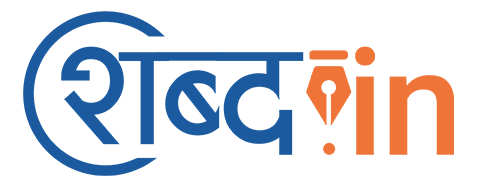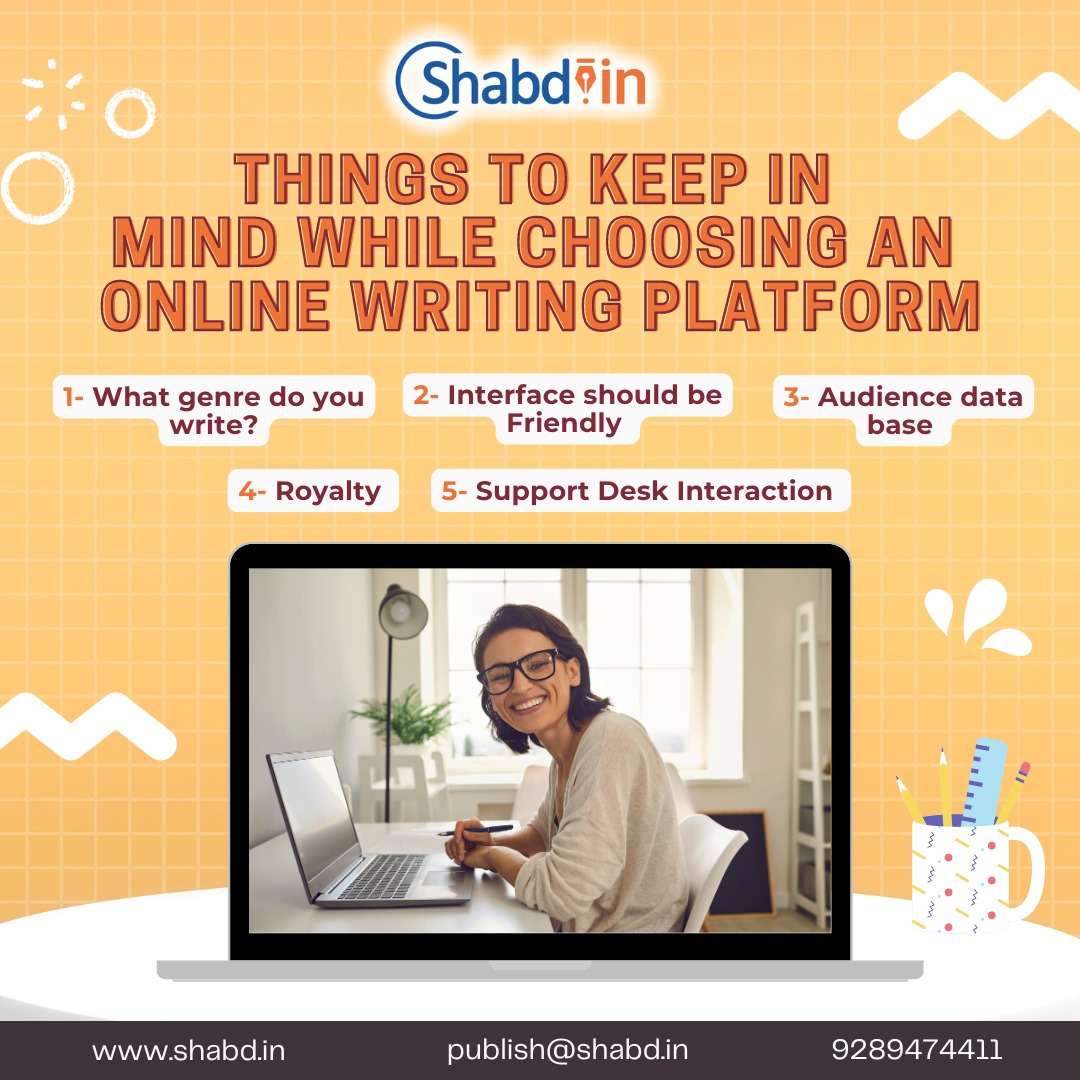When choosing an online writing platform, there are several important factors to consider to ensure that it meets your needs and helps you achieve your writing goals. Here’s a detailed guide on what to keep in mind:
1. What Genre Do You Write?
- Genre Compatibility: Ensure the platform supports the genre you write in. Some platforms cater specifically to certain genres, such as romance, sci-fi, or nonfiction.
- Community and Audience: Look for platforms with a strong community of readers interested in your genre. Platforms like Wattpad or Royal Road, for instance, are great for fiction writers, while Medium might be more suitable for nonfiction or essays.
- Promotion Opportunities: Some platforms offer genre-specific promotions or contests that can help you reach your target audience.
2. Interface Should Be Friendly
- User Experience (UX): Choose a platform with an intuitive and easy-to-navigate interface. A clutter-free design can make the writing and editing process more enjoyable.
- Editing Tools: Look for robust editing tools that allow you to format your work easily, add images or media, and manage your writing efficiently.
- Mobile and Desktop Access: Check if the platform offers both mobile and desktop access, so you can write and edit on the go.
3. Audience Database
- User Base Size: A larger audience means more potential readers for your work. Investigate the platform’s user demographics to ensure alignment with your target readership.
- Engagement Metrics: Consider platforms that provide analytics or metrics on reader engagement, such as views, likes, comments, and shares.
- Community Interaction: Look for active communities and forums where you can interact with readers and other writers, which can provide valuable feedback and support.
4. Royalty
- Earning Potential: Investigate the royalty or payment structure. Understand how you’ll be compensated—whether through direct sales, ad revenue, subscriptions, or tips.
- Payment Thresholds: Be aware of any minimum payment thresholds and the frequency of payouts.
- Ownership Rights: Make sure you retain the rights to your work and understand any terms related to exclusivity or licensing.
5. Support Desk Interaction Description
- Customer Support Availability: Look for platforms with responsive customer support, available through multiple channels like email, chat, or phone.
- FAQ and Help Resources: Check for comprehensive help resources, such as FAQs, tutorials, and community forums, which can assist in resolving common issues.
- Feedback Mechanisms: Ensure there are clear channels for providing feedback and requesting improvements or features.
Here are some popular writing platforms that might meet various criteria:
- Wattpad:
- Best For: Fiction writers, especially young adult and romance genres.
- Pros: Large reader base, strong community, and interactive feedback.
- Cons: Competitive and often favor trends.
- Medium:
- Best For: Non-fiction, essays, and opinion pieces.
- Pros: Clean interface, Partner Program for earnings, built-in audience.
- Cons: Royalty depends on member reading time.
- Shabd.in:
- Best For: Shabd.in is an Indian-centric e-book platform that emphasizes the importance of regional languages and literature.
- Pros: Offers marketing services, including social media promotion, book reviews, and author interviews.
- Cons: Requires building your audience from scratch.
- Royal Road:
- Best For: Fantasy and sci-fi writers.
- Pros: Engaged community, potential for web serialization.
- Cons: Niche audience.
- Kindle Direct Publishing (KDP):
- Best For: Self-publishing books and earning through sales.
- Pros: Access to Amazon’s vast audience, high royalty rates.
- Cons: Requires marketing effort to stand out.
- Inkitt:
- Best For: Novelists seeking publication opportunities.
- Pros: Data-driven publishing offers, active community.
- Cons: Limited to specific genres.
- Vocal Media:
- Best For: Writers of all genres looking for a platform that pays per view.
- Pros: Multiple categories, bonus opportunities for popular stories.
- Cons: Requires audience building for significant earnings.
Conclusion
Choosing the right writing platform depends on your specific needs, goals, and writing style. Consider testing multiple platforms to see which one aligns best with your expectations. Don’t hesitate to engage with the community and seek feedback from other writers who have experience with the platform you’re considering.

